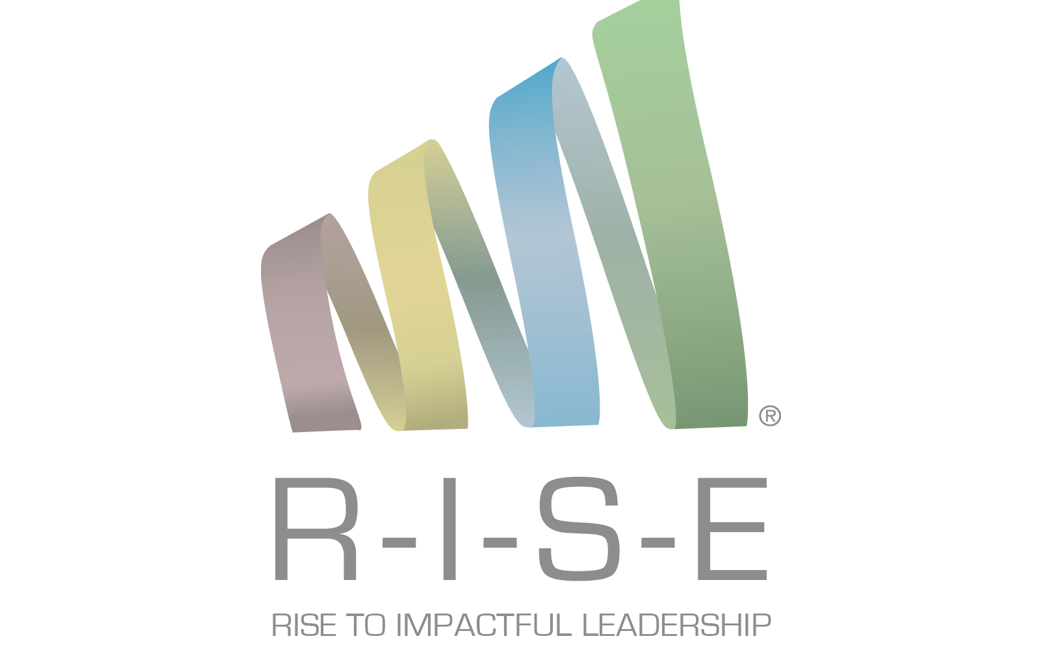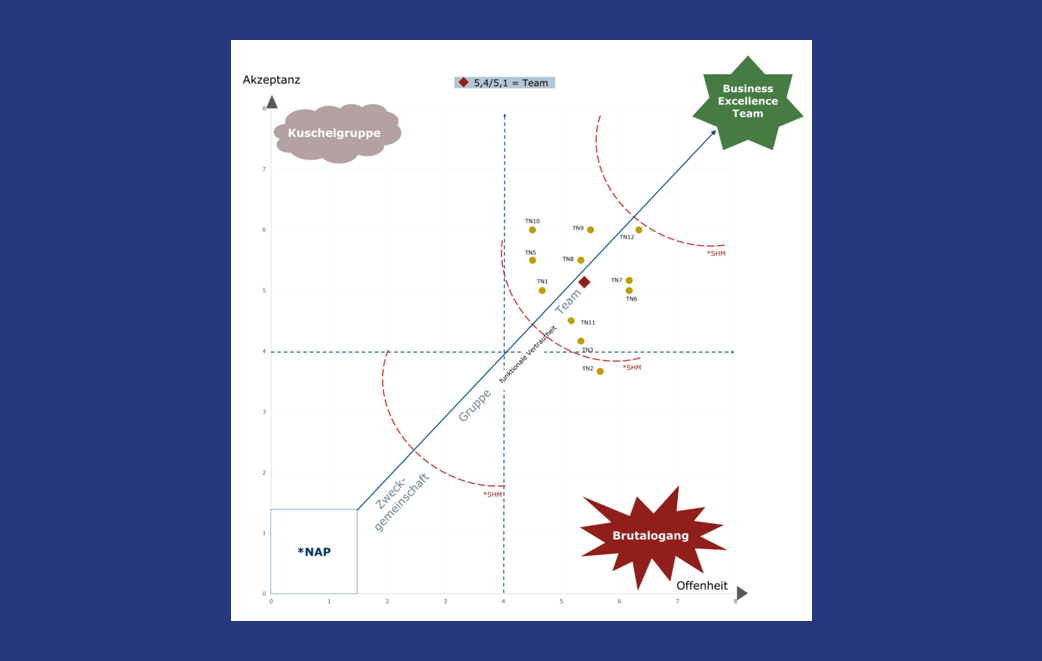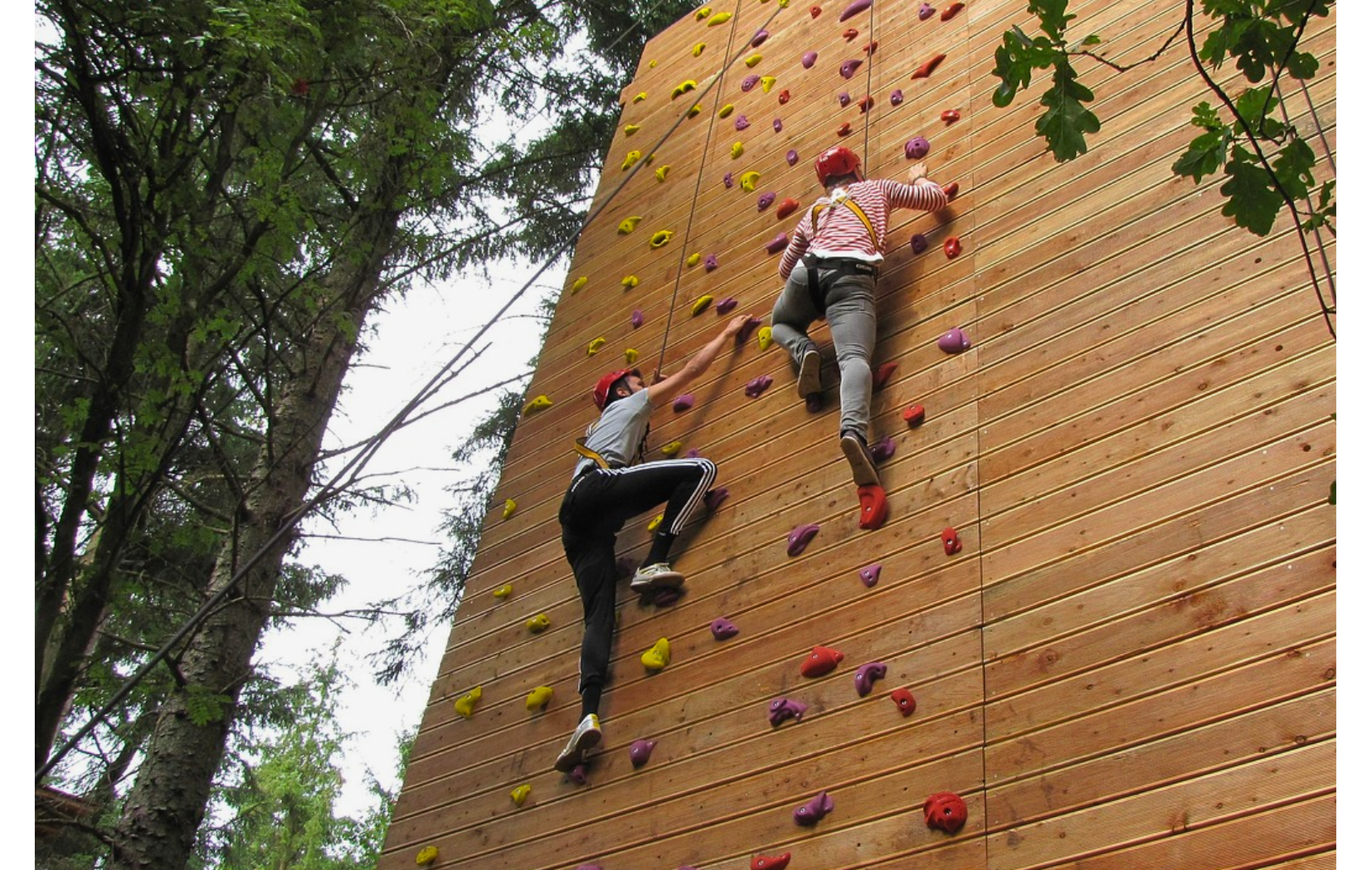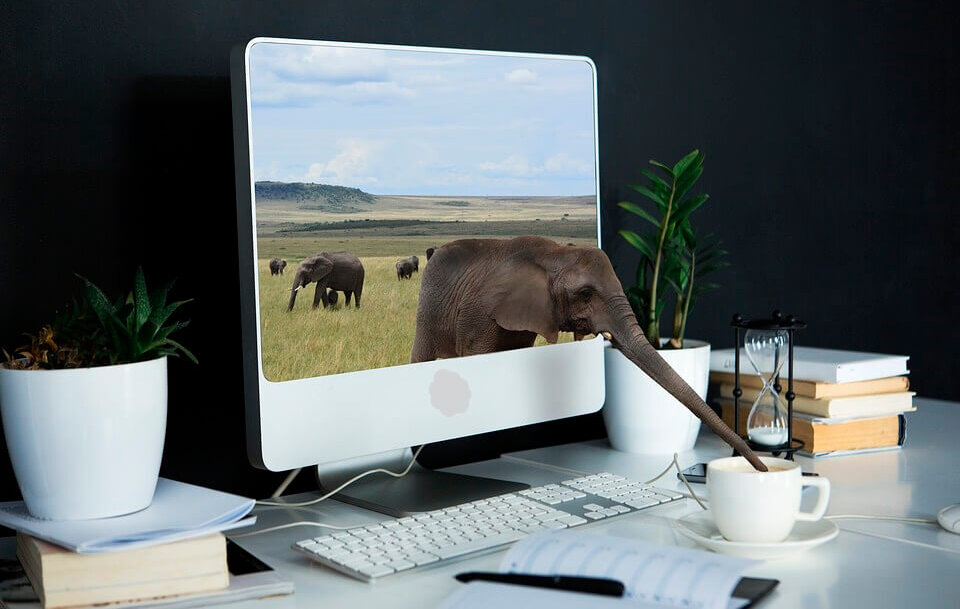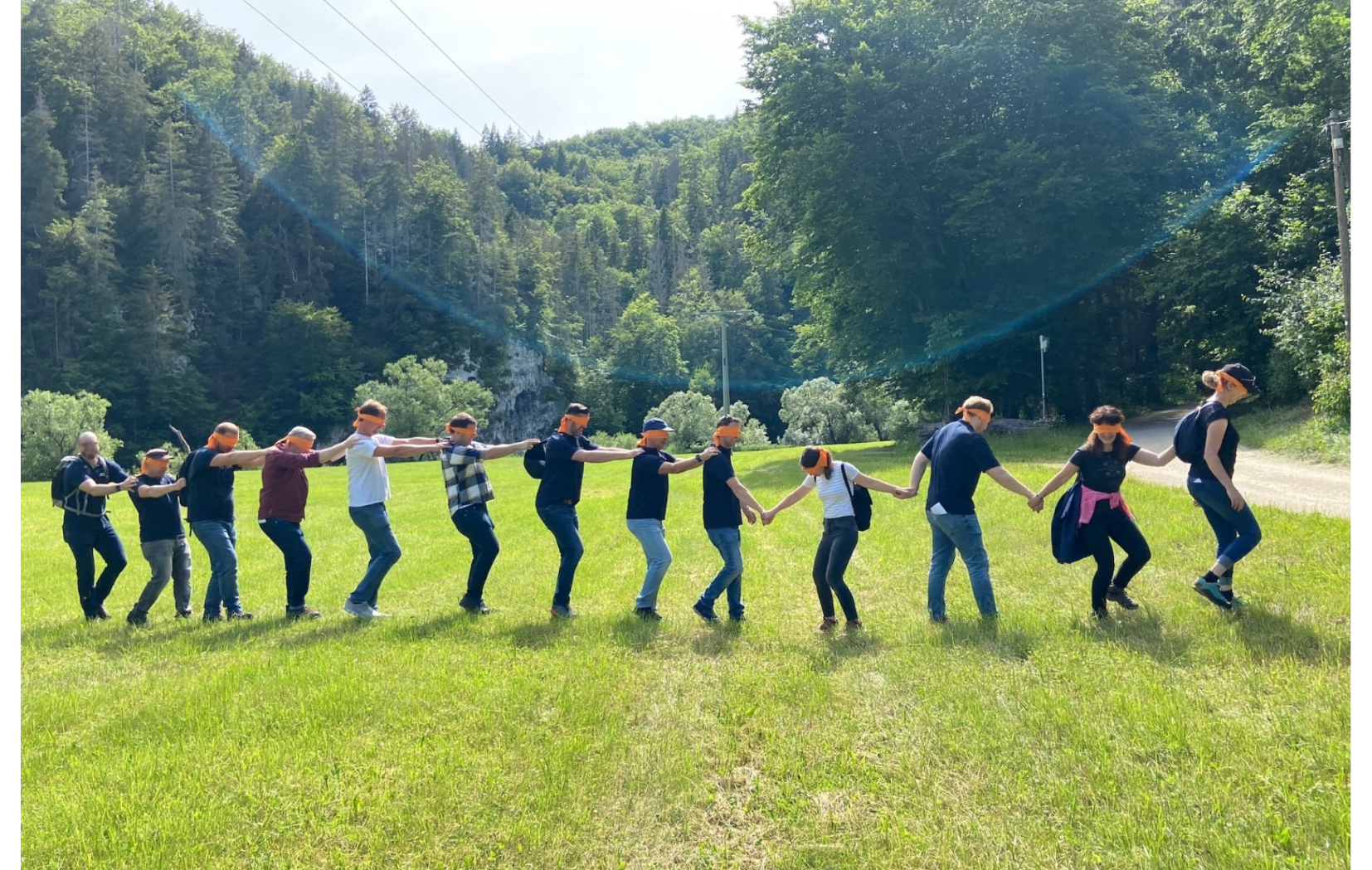Models & methods - tailor-made for your success
In a time of constant change, companies not only need tools, but also a deep understanding of effective change. Our models & methods offer well-founded perspectives as well as tried-and-tested and strategic tools for sustainable transformation, leadership development and succession planning.
Whether cultural change, future skills or strategic talent management - here you will find in-depth content that provides orientation and inspiration.
